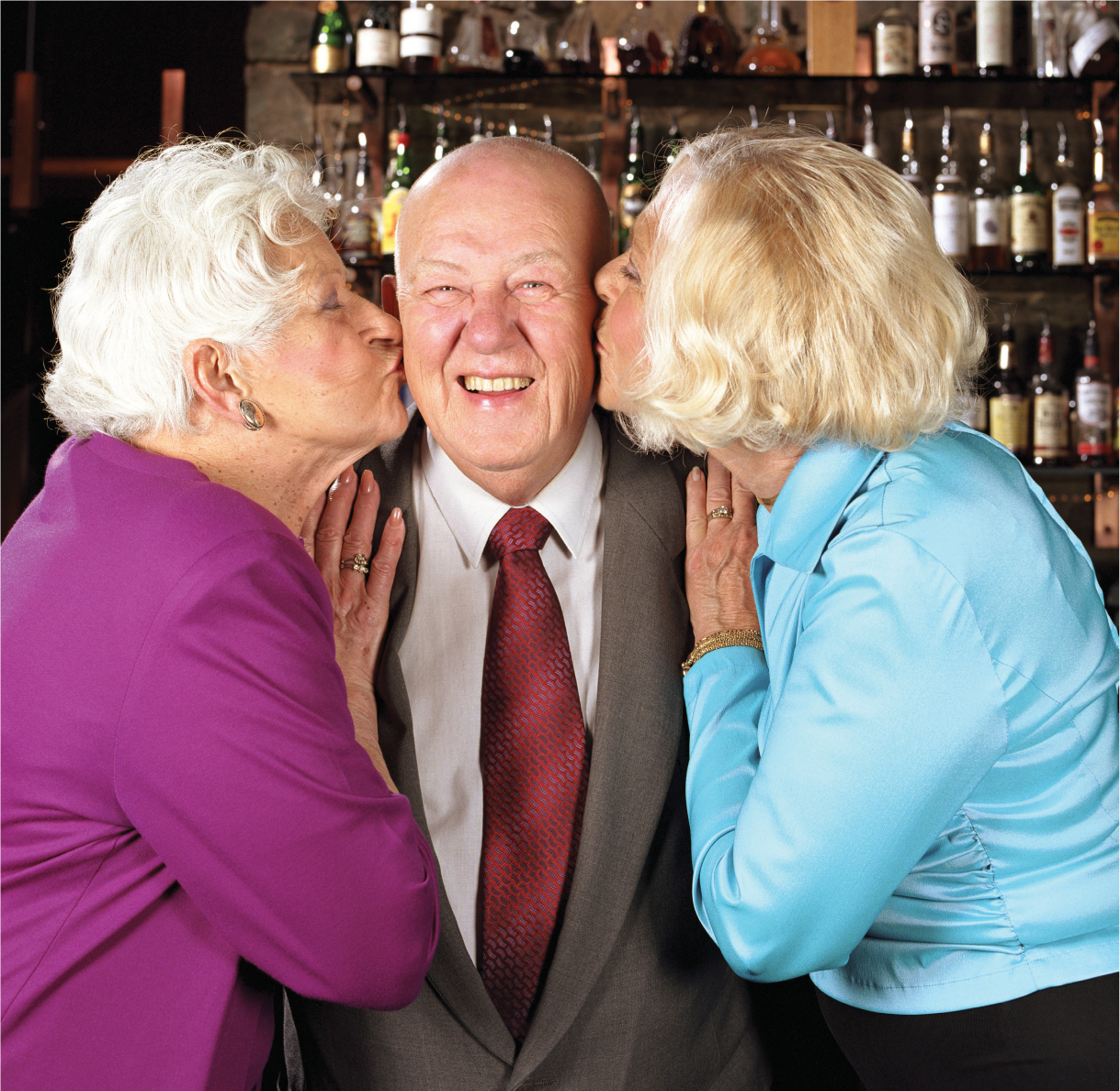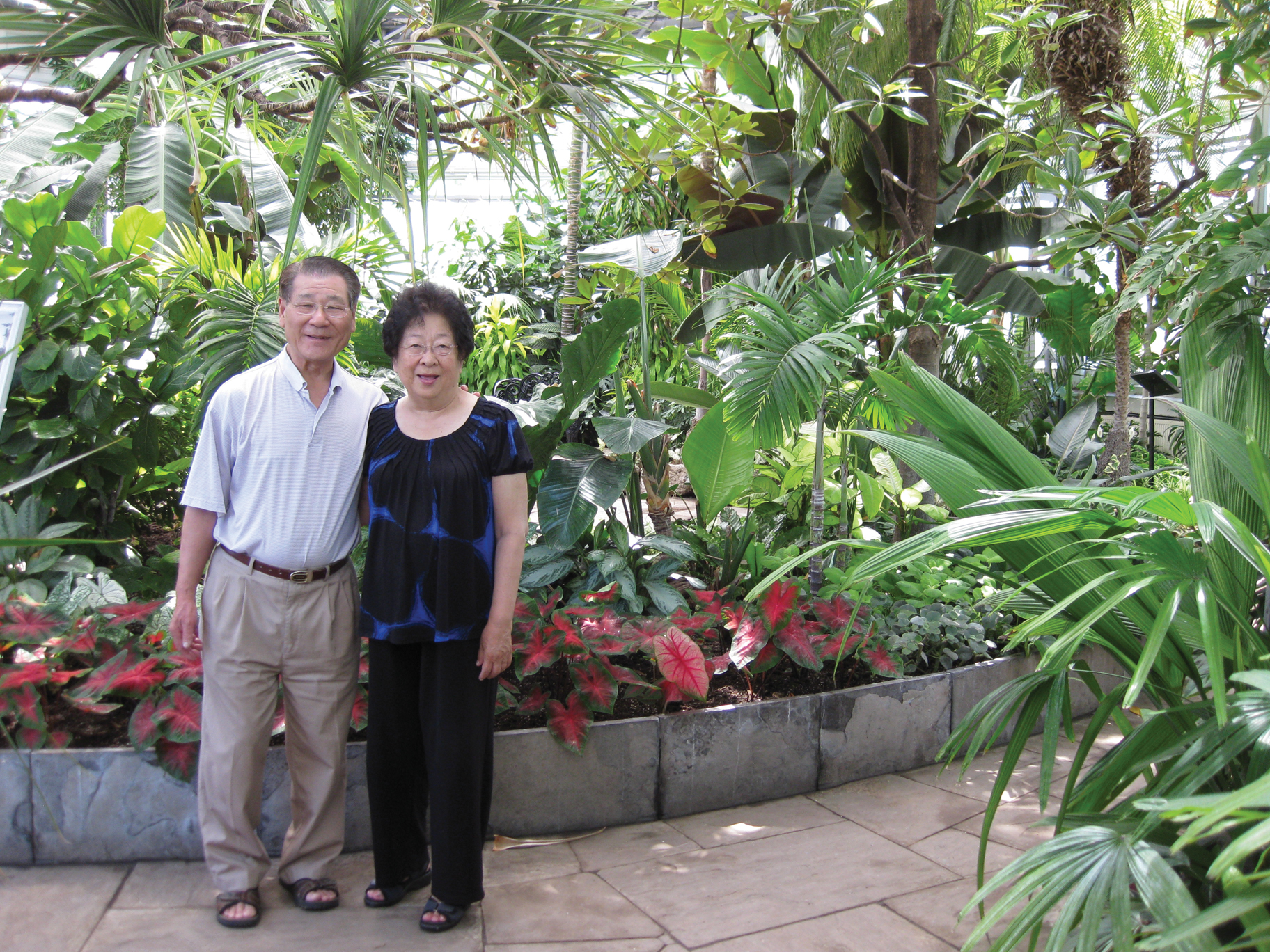528
| LATE ADULTHOOD: |
| Psychosocial Development |

|

|
CHAPTER OUTLINE
Theories of Late Adulthood
Self Theories
A VIEW FROM SCIENCE: No Regrets
Stratification Theories
Activities in Late Adulthood
Paid Work
Home Sweet Home
Religious Involvement
Political Activism
Friends and Relatives
Long-
Relationships with Younger Generations
Friendship
OPPOSING PERSPECTIVES: Social Networking, for Good or Ill
The Frail Elderly
Activities of Daily Life
Caring for the Frail Elderly
529
WHAT WILL YOU KNOW?
- Do older people become more depressed as time goes by?
- Do the elderly hope to move to a distant, warm place?
- What do adult children owe their elderly parents?
- Is home care better than nursing home care?
My parents grew up together in the same small town in Taiwan. Shortly after they married, they immigrated to Canada. My father is a family physician. To be accredited in Canada, he completed his residency in Ottawa, where my two older brothers were born, and another year in New Brunswick, where I was born. The family moved a couple more times before settling just outside Toronto, and it was there that my younger brother was born. Thus, my parents had four children in their first five years in Canada.
With four young children, my parents finally settled down, and my father opened up a family practice where he continues to work. They had been living in the same house for almost 40 years and were happily married for almost 49 years, until my mother unexpectedly passed away in November 2013. But like any couple, they had their ups and downs. My father has always used his sense of humour to keep peace in the household. Once he got my mother to laugh, she couldn’t stay upset for very long; luckily it was easy to make her laugh.

My mother had her own sense of humour. “Your father is the head of the household,” she told my brothers and me once. We just laughed—
Then she said, “But I am the neck that turns him.”
530
As they grew older, my parents spent most of their time together. Their roles and responsibilities in the family changed over time, especially for my mother. She was a stay-
After my mother retired, my father continued to work, although the hours were fewer than before. Together they enjoyed more relaxing moments, reminiscing about their childhoods and their lives with one another, and spending time with the family, including grandchildren. My father has also spent more time reading, updating his knowledge on medical issues, learning Hebrew, and studying the Bible. 
—Susan Chuang
THE TOPIC OF THIS CHAPTER IS THE VARIABILITY and complexity of development in later life. Some of the elderly are frail, lonely, and vulnerable to abuse, because of either private circumstances or public failures. For most, however, psychosocial development includes working and socializing, concern for others, and self-
As the number of elderly people continues to increase in North America, it is important to understand the theories of late adulthood and how factors such as age, gender, and sociocultural contexts may affect aging, geographical distribution, and political activism. Understanding how older adults spend their time and the types of social relationships they have also provides great insight into this stage of life.